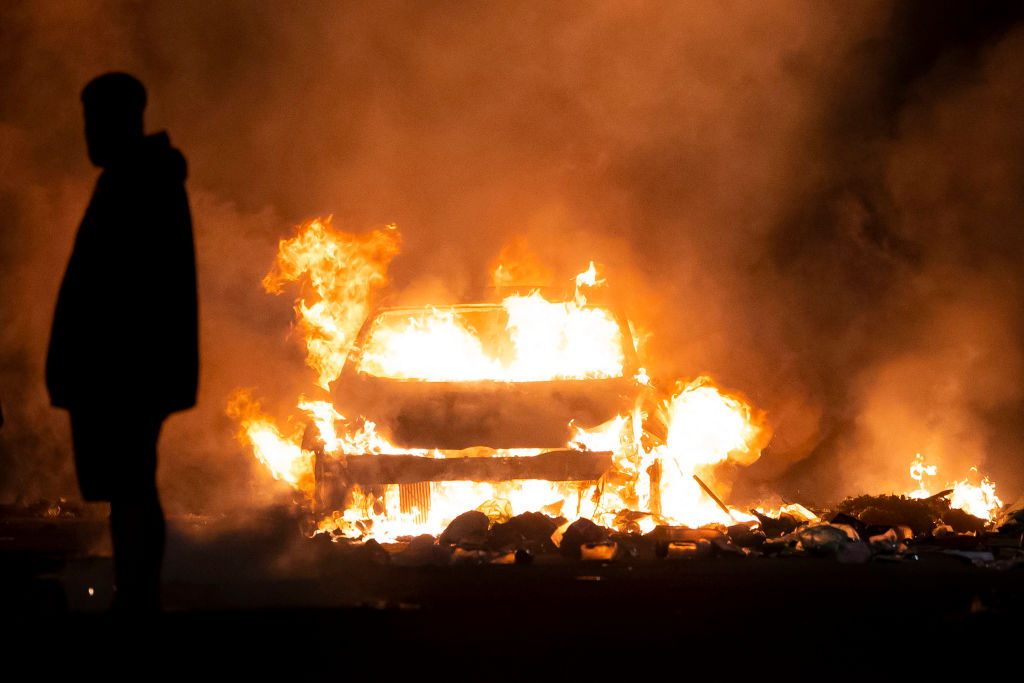Europe’s political big guns have Twitter in their sights, threatening to torpedo the social media giant if it refuses to follow European rules. France’s digital minister, Jean-Noël Barrot, went so far as to suggest banning the site and European Commissioner, Thierry Breton, warned: “You can run but you can’t hide.” A Commission spokesman confirmed to Brussels Signal a ban was a possibility, although that would be a last-resort measure.
Twitter recently opted out of the European Union’s voluntary Code of Practice on Disinformation, much to the dismay of EU members. Under the Code, so-called Very Large Online Platforms, such as Twitter, are obliged to actively battle what is deemed undesirable or antisocial content, including hate speech and disinformation.
A spokesman told Brussels Signal social media sites still have a burden of proof even if they don’t sign up to the Code. “If the platforms’ measures do not meet the regulatory requirements, they could be asked for an urgent action plan and remedies, and could incur hefty fines and sanctions,” he said.
Fines of “up to six per cent of the global turnover” can be imposed, he said, adding: “For rogue platforms refusing to comply with important obligations and thereby endangering people’s life and safety, it will be possible as a last resort to ask a court for a temporary suspension of their service, after involving all relevant parties.”
Since Elon Musk took over Twitter in autumn last year, the company has been at the centre of attention. The American entrepreneur invoked what he termed the restoration of freedom of speech on the platform, backed by revelations in the “Twitter files” – a series of documents he released that were said to shed light on the tools used by Twitter to deal with accounts or tweets that had violated its policies at the time. However, many governments accuse him of enabling disinformation on the site. The EU wants the company to follow European rules.
On Friday, Breton used the social media platform to state that Twitter was leaving the EU Code but declared its obligations remain, adding: “You can run but you can’t hide. Beyond voluntary commitments, fighting disinformation will be legal obligation under #DSA [Digital Services Act] as of August 25. Our teams will be ready for enforcement.”
Twitter leaves EU voluntary Code of Practice against disinformation.
But obligations remain. You can run but you can’t hide.
Beyond voluntary commitments, fighting disinformation will be legal obligation under #DSA as of August 25.
Our teams will be ready for enforcement.
— Thierry Breton (@ThierryBreton) May 26, 2023
On Monday, Barrot added to the chorus of Twitter disapproval and said it would be banned if it doesn’t follow European rules. “Disinformation is one of the gravest threats weighing on our democracies. Twitter, if it repeatedly doesn’t follow our rules, will be banned from the EU,” he said.
The Code of Practice on Disinformation is a set of guidelines that platforms can voluntarily follow. It includes requirements for site operators to monitor political advertisements, prevent the monetisation of false information and give external parties suitable access. By participating in the Code, social media companies can address some of their responsibilities under the separate and mandatory DSA. It is the DSA that can impose fines of up to six per cent of a company’s annual revenue.
Under Musk, Twitter downgraded its participation in Europe’s online content rulebook. It is the only tech giant that did not meet its transparency obligations under quarterly reports mandated in the digital Code of Practice. Twitter also introduced Twitter Blue, a paid-for verification service that allows anyone to have a “blue tick” badge next to their username on the platform for $8 a month.
Posts of users who pay that fee are prioritised and boosted on the site. Some accuse this system of opening the door to those who post toxic messaging. In the past, the blue checkmark was awarded based on internal preferences within Twitter. Despite the criticism in political circles, Twitter claims user growth is at all-time highs, with more room for future profit. It also says there has been no increase in hate speech, insisting there are rules in place to combat any such messaging.
Twitter has also developed new features on the site, such as improved video options, but these coincided with the reinstatement of countless banned but popular accounts. However, it toughened up rules regarding cyberbullying and banned accounts created solely for the purpose of promoting other social platforms and content.
Still, posts such as Breton’s targeting the site anger some Twitter users, who criticise the Commission for what they see as censorship and tyrannical behaviour.
Have you considered that you are the bad guy here?
— John Ennis — e/acc (@john_ennis_btc) May 27, 2023





